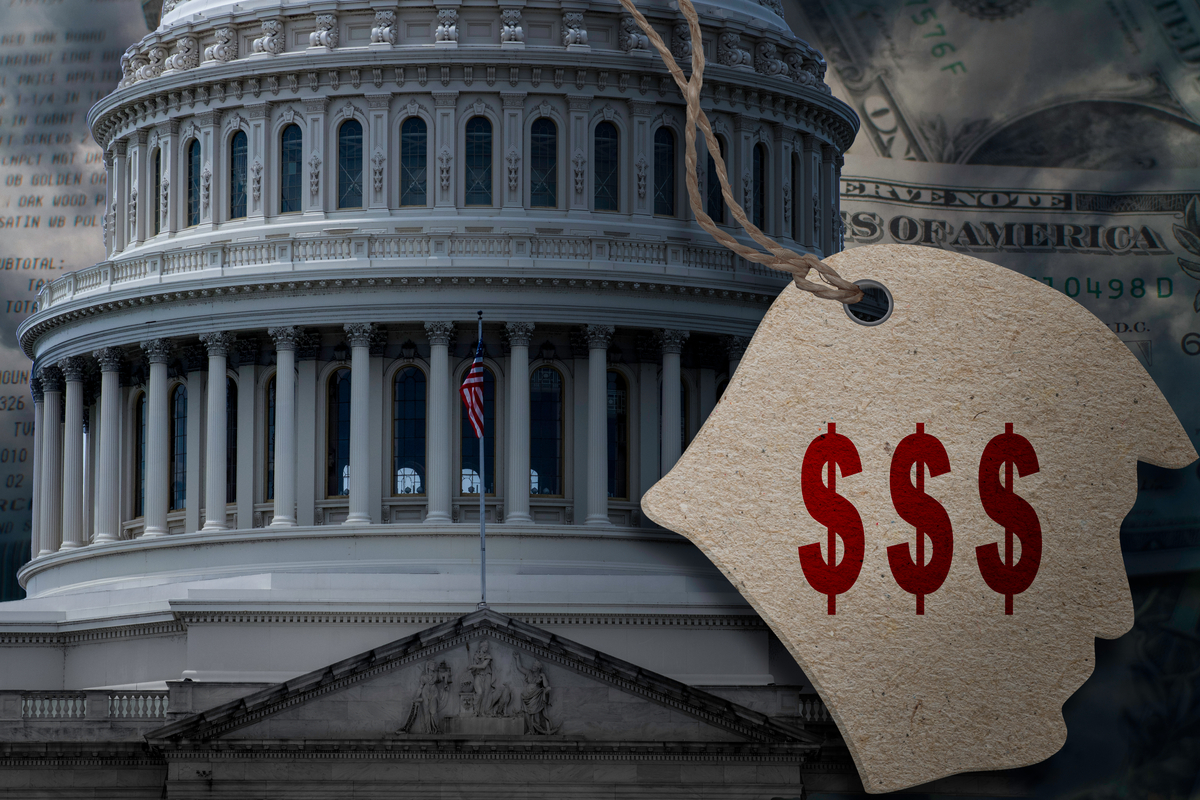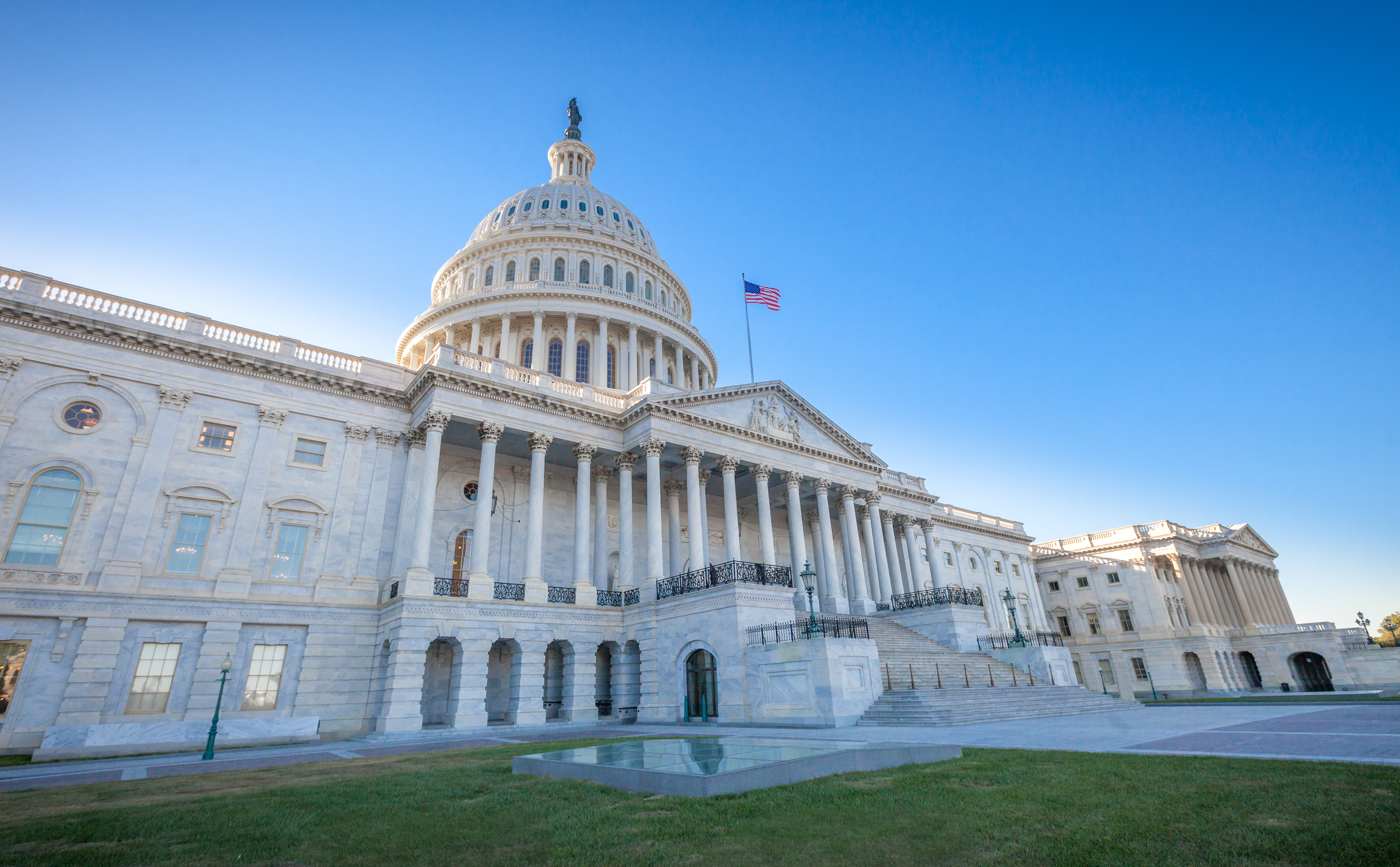The Department of Governmental Efficiency, or DOGE, is an office President Donald Trump established by executive order on day one of his second term that's tasked with cutting government waste and regulations. Trump frequently says that DOGE is led by Tesla (TSLA +4.35%) founder and billionaire Elon Musk, though attorneys for the administration have denied Musk is in charge. In this article, we'll give you an overview of DOGE, its history, and the controversies and legal challenges it faces.

What is DOGE?
DOGE is an office established through an executive order from Trump on the first day of his second term, rather than through an act of Congress like Cabinet agencies. The executive order states that DOGE was created for the purpose of "modernizing Federal technology and software to maximize governmental efficiency and productivity."
The New York Times reported that Musk first floated the idea for DOGE at a Silicon Valley dinner party hosted by tech investor Chamath Palihapitiya for then-Republican presidential hopeful Vivek Ramaswamy. Musk mused that he could drastically reduce federal government bloat if he could get access to government systems and passwords.
Musk went on to endorse Trump in July 2024 and poured at least $288 million into electing Trump and other GOP candidates. About a month later, Musk mentioned the possibility of a government efficiency commission in an interview with podcaster Lex Fridman.
How is DOGE funded?
ProPublica found that DOGE has a budget of at least $40 million, though it's not clear how long that money is intended to last.
In an interview with NPR, ProPublica reporter Avi Asher-Shapiro said that "we don't know if that's the beginning or the end of it. We don't know if it's $40 million a month for the entirety of the initiative, which would be a staggering sum, or if it's $40 million for the entire year. And we don't know if that money is going to salaries, if it's going to equipment, really what it's being spent on."
Because Congress has not approved funding for DOGE, it appears that federal agencies are directing money to the agency under a law called the Economy Act. Though ProPublica points out that use of the Economy Act should make DOGE subject to the same transparency laws that apply to most other government agencies, DOGE has claimed it operates with executive privileges and refused to respond to Freedom of Information Act requests.
Related investing topics
Examples of DOGE in action
Musk has repeatedly called Social Security a Ponzi scheme and falsely claimed that benefits are fraudulently paid to people who have died and to undocumented immigrants. The Social Security Administration’s Office of the Inspector General estimates that about $72 billion in improper payments were made between 2015 and 2022 -- less than 1% of total benefits paid -- and most were overpayments, which is when someone who's eligible for benefits received more than they should, often due to a change in someone's living situation, marital status, or work status.
Though Social Security accounts for roughly 21% of the federal budget, less than 1% is spent on administrative expenses, including salaries, in a typical year. However, Musk plans to cut about 7,000 jobs from the Social Security Administration and close six out of 10 field offices. It's expected these cuts will lead to worse customer service, which has long been a struggle for the SSA.
Of particular concern is the potential for longer wait times when it comes to processing Social Security Disability Insurance (SSDI) applications. The average person currently waits about 240 days hear back on a decision about their SSDI application, up from 120 days before the COVID-19 pandemic, according to Axios. Experts believe that slashing Social Security's workforce could add months, or even years, to the wait time.



















